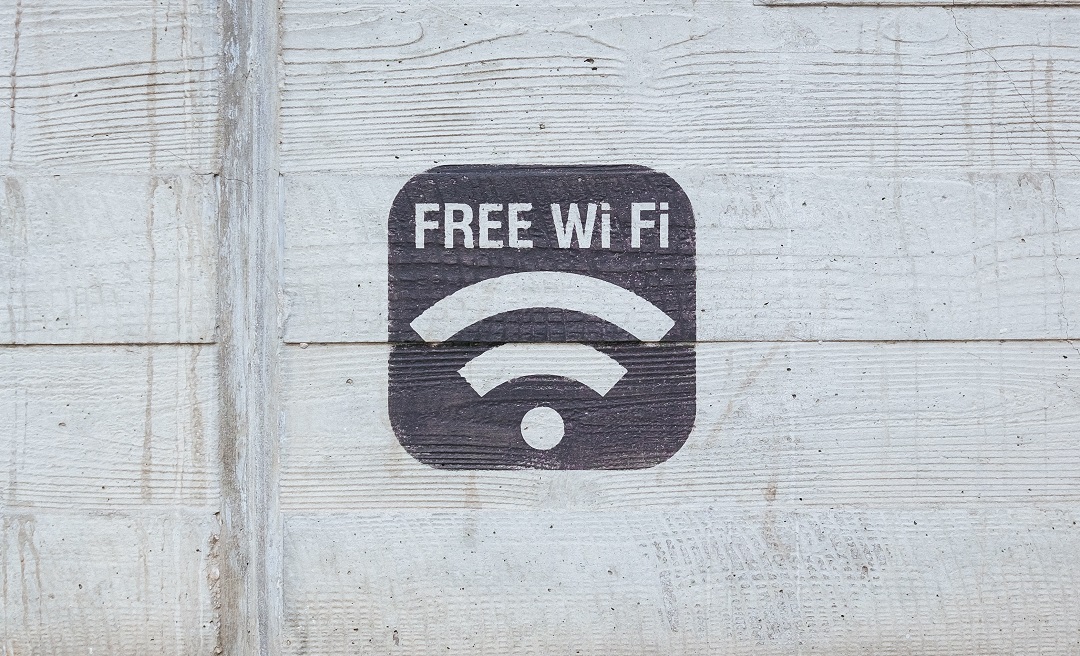
Many people rely on public WiFi networks when they are on the go, whether it's at a café, airport, or hotel. These networks offer convenience and accessibility, allowing us to stay connected and get work done or browse the internet. However, it's essential to be aware of the potential risks that come with using public WiFi. This public network can be a hot spot for hackers and cybercriminals looking to exploit vulnerabilities and steal sensitive information.
In this article, you'll discover the risks of connecting to public WiFi without any protection and the benefits of using a VPN when using public WiFi.
Potential Risks in Using Public WiFi
Public WiFi networks pose several risks to users who connect to them without any protection, especially when accessing sensitive accounts like banks, business data, and more. There's a big difference with the security compared to when you connect to your 4G internet for example. Here are some of the potential risks of connecting to public networks:
1. Man-in-the-Middle Attacks
Without encryption, hackers can intercept the data transmitted between your device and the WiFi network. They can eavesdrop on your online activities, including capturing login credentials, personal information, or financial data.
2. Data Sniffing
Cybercriminals can use specialized tools to capture unencrypted data packets sent over public WiFi networks. They can gather sensitive information, such as usernames, passwords, credit card numbers, or social security numbers.
3. Malware Infection
Public WiFi networks are often unsecured, making them an attractive target for malware distribution. Hackers can inject malicious code into unsecured WiFi networks, and when you connect to such networks, your device may become infected with malware that can compromise your privacy and security.
4. Fake WiFi Networks
Cybercriminals may set up rogue WiFi networks that mimic legitimate ones. These networks often have similar names, making it easy for unsuspecting users to connect to them. Once connected, hackers can monitor and capture your data or launch attacks on your device.
5. Identity Theft
Public WiFi networks can be breeding grounds for identity theft. By intercepting your login credentials or personal information, hackers can impersonate you or gain unauthorized access to your accounts, leading to financial loss and reputational damage.
Benefits of Using a VPN when Connecting to Public WiFi
Now that you have a better understanding of the potential risks of connecting to public WiFi, you should now see why it's crucial to use a VPN for added security. Here are some of the benefits of using a VPN when using public WiFi:
1. Enhanced Security
Public WiFi networks are often unsecured, making them vulnerable to hackers and cybercriminals. By using a VPN, your data is encrypted, making it difficult for anyone to intercept or access your sensitive information. This is especially important when you're accessing online banking, making purchases, or logging into personal accounts on public WiFi.
2. Privacy Protection
Public WiFi networks are, well, public, which means they are typically open and unencrypted, allowing anyone connected to the same network to monitor your online activities. With a VPN, your internet traffic is routed through a secure and private tunnel, keeping your browsing history, online searches, and other online activities hidden from cyber criminals.
3. Protection against Malicious Attacks
Public WiFi networks are often targeted by hackers who set up fake WiFi hotspots to trick users into connecting to them. These fake networks can be used to intercept your data or inject malware onto your device. By using a VPN, you can minimize the risk of falling victim to such attacks by encrypting your data and ensuring a secure connection.
4. Avoiding Geo-blocking
Geo-blocking is a practice used by content providers to restrict access to their services based on the user's geographic location. With a VPN, you can mask your real location and access geo-blocked content, such as streaming services or websites that are not available in your current location. It also allows you to maximize your browsing experience even when connected to a public network.
5. Peace of Mind
Using a VPN provides peace of mind when using public WiFi networks. Instead of worrying about potential risks and vulnerabilities, you can browse the internet, access your email, and perform online transactions knowing that your data is secure and your privacy is protected. However, it's essential to keep in mind that your VPN should be reliable to guarantee security and protection.
While it's always better to use private networks when connecting to the internet, using public WiFi may be inevitable in some situations. Whether your home internet is unreliable and it's time to upgrade to a fast internet provider, or your mobile data has already reached its monthly cap, using public WiFi is sometimes necessary. However, it doesn't mean you have to sacrifice your security and privacy. By using a VPN, you can mitigate the risks associated with public WiFi and enjoy a safer browsing experience.
Conclusion
VPN is a valuable tool for safeguarding your sensitive information and ensuring a worry-free internet experience. So, the next time you connect to a public WiFi network, make sure to activate your VPN and enjoy the peace of mind that comes with knowing your online activities are secure. Stay safe and protected at all times!
Share this post
Leave a comment
All comments are moderated. Spammy and bot submitted comments are deleted. Please submit the comments that are helpful to others, and we'll approve your comments. A comment that includes outbound link will only be approved if the content is relevant to the topic, and has some value to our readers.

Comments (0)
No comment